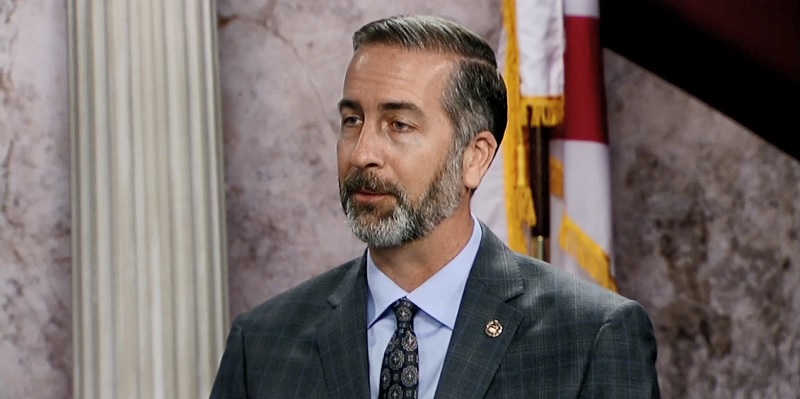State Sen. Arthur Orr (R-Decatur) is urging passage of legislation that would require schools in Alabama teach a “success sequence” based curriculum as lawmakers near the final days of this year’s legislative session. The proposal sailed through the Senate, but has stalled in the House after resistance from Democrats.
According to the bill, the curriculum is a “three-pronged framework for youths and young adults based on research from diverse institutions,” which says that “individuals who complete at least a high school education, obtain full-time employment, and marry before having children are overwhelmingly less likely to live in poverty in adulthood.”
Orr told Yellowhammer News the proposal is a common sense way to combat poverty and other negative outcomes for students in the state.
“I believe this is incredibly important,” Orr said. “This is a way to let young people in Alabama know there are steps they can take to help their chances at success as they become adults.”
A similar law recently passed in Tennessee and is being considered in several other states.
“The bill sailed through the Senate,” Orr explained, “but it’s facing pushback in the House from Democrats. I tried to get a Democratic representative to sponsor it with no luck.”
RELATED: RAISE Act clears Senate committee as Alabama moves toward student-based funding
Opponents of the bill in Alabama and across the country argue the bill marginalizes those who don’t come from a traditional two parent household or those who have gone through a divorce themselves.
“The bill doesn’t say there’s no chance of success if you don’t follow the success sequence,” Orr continued, “it just points to the overwhelming evidence that following this pattern in life gives you a better chance of not falling into poverty.”
Orr said he’s received many emails and phones call groups opposed to the effort, but pointed out that a lot of the complaints are based on misinformation.
“Some say they don’t like the bill because they claim it teaches abstinence, which is doesn’t,” he said. “It is already law to teach abstinence first. This legislation doesn’t address that issue.”
A study recently done by the American Enterprise Institute showed that 97 percent of Millennials who finished high school, entered the workforce, and were married before having children did not live in poverty when they reached adulthood.
If passed, the legislation would also authorize local boards of education to determine how often and in what format to provide the curriculum to students, and would be implemented for the 2026-27 academic year.
Yaffee is a contributing writer to Yellowhammer News and hosts “The Yaffee Program” weekdays 9-11 a.m. on WVNN. You can follow him on Twitter @Yaffee













